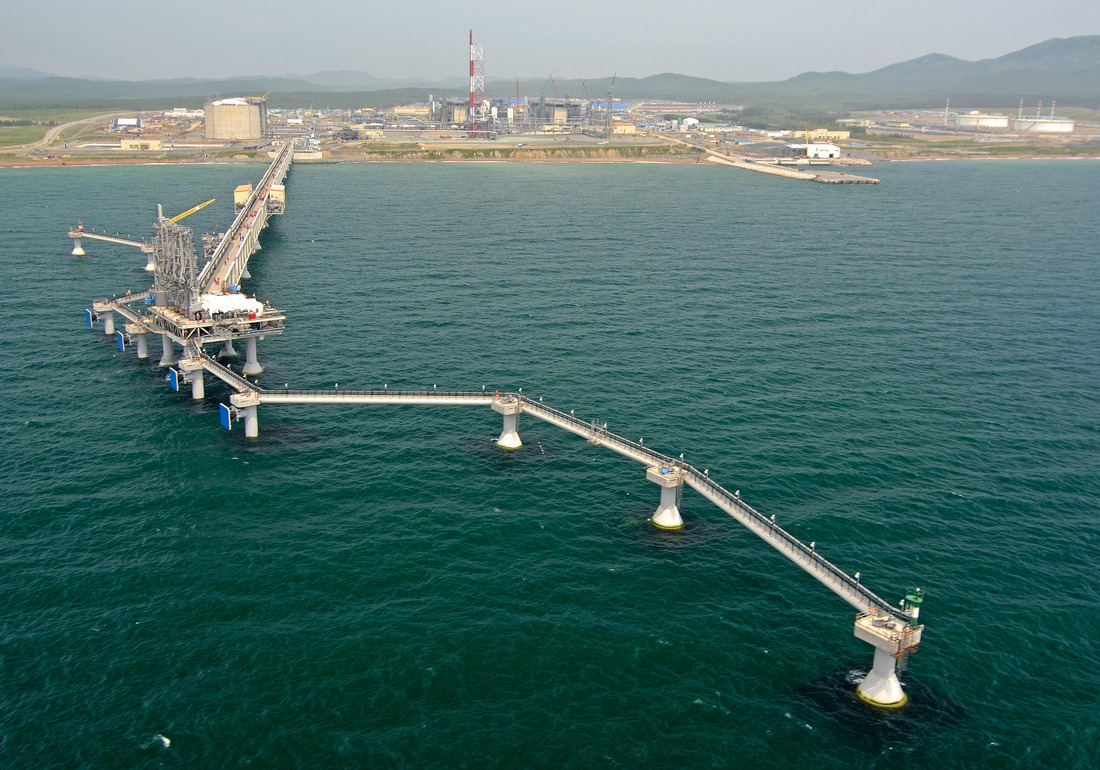A recent surge in European gas prices triggered by Ukraine’s counter-invasion in Russia’s Kursk Oblast is likely to increase Russian revenues from fossil fuel sales to the EU, widening the gap between these payments and overall EU support to Ukraine, Euractive reports.
According to an analysis by the CREA think tank, EU countries have paid 200 billion euros ($220 billion) for Russian fossil fuels since the invasion began in February 2022, while total EU and US support to Ukraine amounts to 185 billion euros ($203 billion), according to the Kiel Institute for the World Economy.
The unexpected 13% rise in gas prices last week is attributed to Ukraine’s actions in Kursk, a key region for Gazprom’s gas supplies to Europe. Trade publication EnergyFlux explains: “The bull market is a speculative bet on supply-side disruptions.”
However, some analysts warn against overreaction. Seb Kennedy of EnergyFlux writes that disruptions are “by no means guaranteed”, while analyst Tom Haddon calls the price increase “excessive”.
Despite efforts to reduce energy imports from Russia, EU financial flows to the Kremlin continue. According to CREA, EU countries spent over 400 million euros (440 billion dollars) on Russian energy, mainly gas and oil, between July 29 and August 4.
While this represents a significant drop from the €5.3 billion ($5.8 billion) spent in March 2022, it underscores the ongoing challenge of completely severing energy ties with Russia. Analysis by Brussels-based think tank Bruegel shows that while Russian coal imports have been banned and oil imports drastically reduced, gas imports have only fallen by about 75% since 2021.
A group of MEPs warned in March that Europe “remains the largest customer of Russian pipeline and LNG gas” and called for a comprehensive ban on Russian energy commodities. The situation remains largely unchanged, with long-term contracts and infrastructure dependencies complicating efforts to sever ties entirely.
From the beginning of August, the new gas market rules will allow EU member states to unilaterally ban the import of Russian liquefied gas. However, no country has taken this step so far, although Lithuania called for a “move away from Russian liquefied gas” in July.
Read also:

